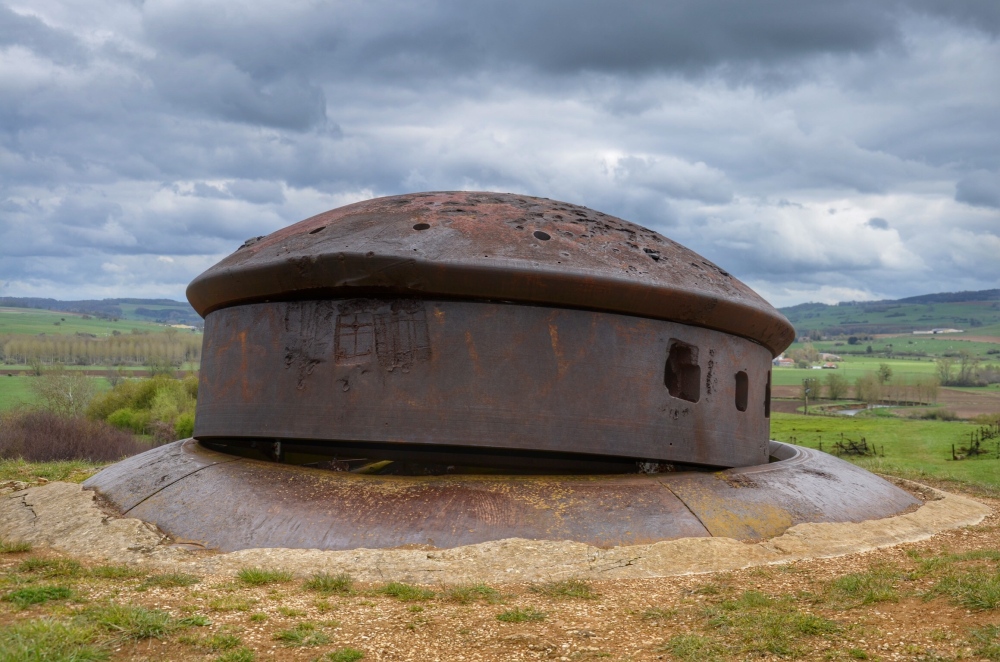
The Maginot Line was a huge screen wall developed in the 1930s to protect France from future German invasion. While many believe it was military technology that failed and the Germans simply went round it, few realise that in several locations the German Army attempted to breach it during the Blitzkrieg in May 1940 and failed to do so.

Villy la Ferte, a small fort or ouvrage, was one location on the Maginot Line where heavy fighting took place in May 1940. The fort came under attack from the air and a German infantry division backed up with heavy artillery and anti-tank weapons. The position, although heavily damaged, was not breached and would not surrender. After further bombardment the garrison went quiet. No return fire came from the ouvrage and eventually German pioneers assaulted the position, reached one of the outer doors and were able to blow their way in; inside they found that the garrison had been asphyxiated after the fume extractor fans had been damaged. There were no survivors on the French side.

Today Villy la Ferte is not only one of the most vivid of the Maginot Line forts, still showing the scars of combat after 75 years, it remains a fascinating site to visit, especially in the company of one of the Villy La Ferte Association‘s guides. It is almost as if time has stood still here: the bunkers remain in the same condition and positions they were in during May 1940. Anti-tank rails and barbed wire cover the site. The dead are buried close to where they fell in a French Military Cemetery and the tunnel where many of the garrison died is one of the most moving places on a WW2 Battlefield I have ever visited. If you ever visit just one Maginot Line site, Villy la Ferte should be it.

The Ouvrage Villy la Ferte has an excellent website and Facebook page.